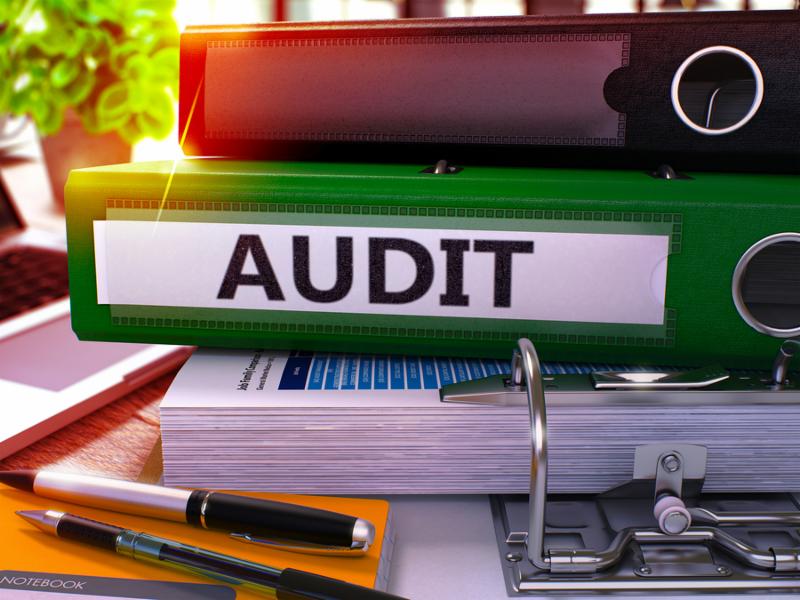Explosive Bay Area Growth leads to record Property Tax Appeals
Corporate Real and Personal Property tax appeals were abundant in this past season – and Haws Consulting Group saw a record year positive Appeal outcomes for our Bay Area headquartered clients. Laws and rules concerning property tax assessment are continually modified, and have dramatic variations between jurisdictions, even if on a map they are just a few miles apart. Situations requiring Appeals can happen for multiple reasons, from simple overcharges by the County taxing assessors, to complex business transactions requiring a more comprehensive understanding. Here are three situations where our clients saw some significant savings on Appeal work this past year.
1. Mergers & Acquisitions – With the pace of innovation and technology growth here in the Bay Area, Acquisitions are a common occurrence with our clients – and a common area where bringing together multiple assets, and different ways of tax computations, create an opportunity for reductions in tax liabilities through Appeals. Due to the timing and secrecy of acquisitions and mergers, companies may do a quick high-level review of acquisition assets and treatments, particularly if the company has multiple locations or headquarters was outside of the Bay Area. However, there may be real tax savings in some post-merger analysis of bringing treatments together. One recent large Bay Area client acquired the technology assets of a smaller company, and the approximate value and usefulness of those assets had been historically overstated by the smaller company. Upon further research, it was discovered that the assets had been on the books for multiple years at full value, even though the client was only utilizing them less than 50% of capacity, resulting in an overstatement of value. Our client received over $200,000 in refunds and future savings as a result of a change in asset treatment.
2. Leasehold Improvements – Leasehold improvements is another common area in Bay Area county Appeals, as with growth in the Bay Area, many upgrades and enhancements are being made to land, buildings and offices companies may not physically own. Starting with the improvements themselves, California Revenue and Taxation Code Section 441(d) requires the lessor and lessee to provide the assessor with a copy of the lease and the construction contract(s) – and in many cases the assessor determines and creates a separate unsecured assessment for the improvements. Leasehold Improvements are not always as straightforward as the taxing authority determines, and it is common to have misperceptions in the areas of the value of the overall improvements. Occupancy rates and occupancy dates by which the company is utilizing the leasehold improvements in business operations can often be estimated and overstated. In a recent client who was making internal office changes to update and upgrade its campus, the assessor overestimated the value of leasehold improvements due to misperceptions on the timing, utilization and market value of the improvements. After working with our client and the assessors on detailed reviews, our client received over $300,000 in tax refund and future savings — as the result of a more appropriate value placed on the improvements.
3. Corporate Structure Changes – One newer trend our experts are seeing is a rise in the number of corporate structure changes, particularly companies moving from being public back to private ownership. Similar to acquisitions, taking companies private and/or changing corporate structures come with a number of local tax filings and form requirements, particularly if the transactions involve real property. Failure to submit the correct forms in the correct amount of time can cause penalties, and in cases of California business properties and campuses (where values are typically in the hundreds of millions of dollars), a late filing penalty (up to 10% of the real property value) can be significant. One recent client was one such case, a company that was taken from public to private, with a large campus of real property holdings. In this case, the change in property ownership was overlooked, filed several months after the due date, and levied the penalty. Our HCG team worked with the company, the tax law, the local assessors and local appeals board on the client’s behalf to get the fee waived – resulting in the savings in the millions for this company. In this case, having an in depth understanding of the local jurisdictions tax ordinances and relationships with the assessors and appeals boards help this client with significant savings.
In Summary, not every company considers including the tax department (or their consultants) during Corporate Mergers & Acquisitions, Real or Leased Property Improvements, or Change of Ownership transactions. As you can see from the cases above, there can be tax savings in the hundreds of thousands to millions in understanding and leveraging the law. Our HCG clients are comforted in knowing that large tax savings are absolutely possible by working with the local jurisdiction tax laws, county assessors, and appeals boards to get fair and reasonable settlements.


